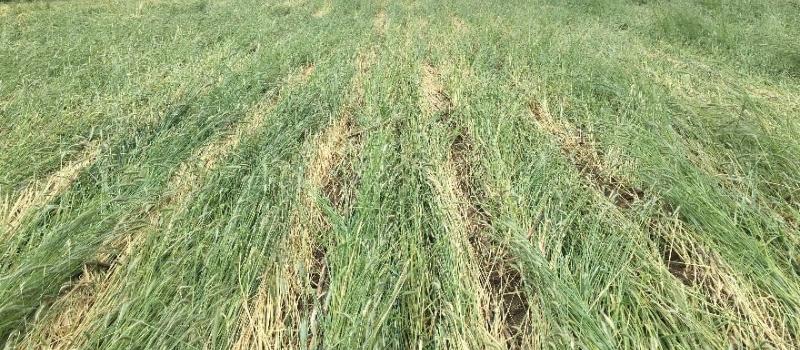
ALTHOUGH OUR northeast region has not seen the devastating fires, number of tornadoes and flooding events as other parts of the U.S., we are feeling the effects of a warming climate with excessive and prolonged rainfalls, periods of drought and temperature extremes. While dealing with the results of these climate disruptions, farmers and foresters play a key role in helping to reduce the impacts of climate change.
Along with reducing emissions of greenhouse gases, sequestering carbon from the atmosphere is a major goal in slowing climate change. Given plants are masters at capturing and storing carbon, and farmers and foresters are experts at growing plants, together they are the ideal partnership for tackling carbon sequestration.
Today, farmers are increasingly adopting agricultural conservation practices including reduced or minimum tillage, use of covercrops and precision nutrient management—practices that make good economic as well as environmental sense. Minimizing tillage reduces the amount of carbon lost to the atmosphere; keeping the ground covered with living plants improves soil biological activity and structure, reducing erosion and loss of nutrients; applying just the right amount of nutrients that a crop needs reduces loss of nitrogen and phosphorus into our lakes and streams.
Smart management of forests can maximize carbon storage in trees while protecting wildlife habitat and producingthe timber and wood products we need. Agroforestry and silvopasturing practices add the benefit of food production.
We can find many examples of protected farms employing these conservation practices— interseeding cover crops onTiashoke, Landview and Hickory Hill Dairy farms, the establishment of permanent pastures and chestnut trees on the Otter Creek Farm, contouring to reduce water runoff on Hay Berry Farm and the use of a methane digester on Wagner Dairy Farm, to name a few.
We’re inspired and encouraged by these practices to limit and reverse the effects of climate change in addition to their food, fiber and timber production. If you’d like to learn more about what you can do to address climate change on your property, reach out to Janet Britt at janet@agstewardship.org.

